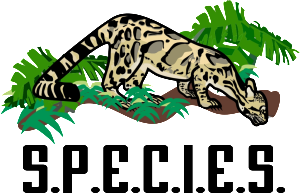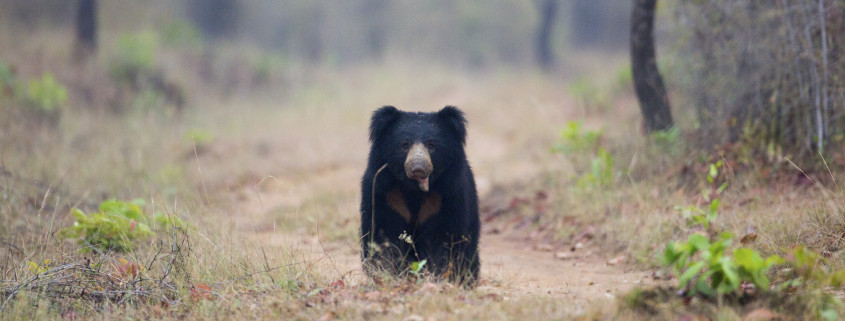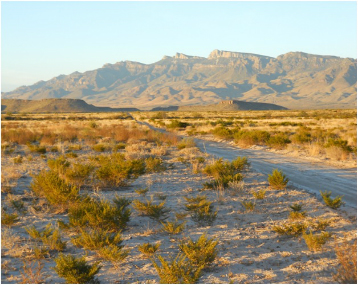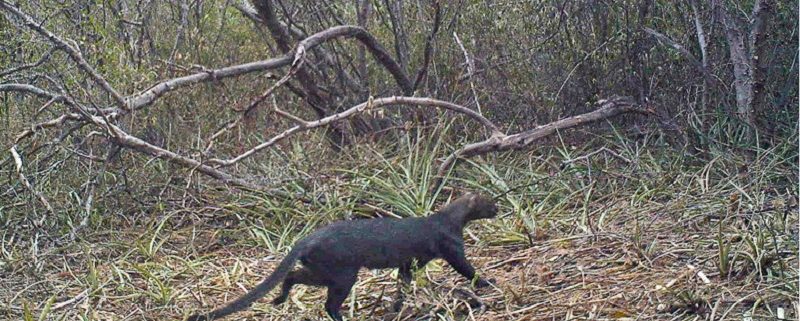Carnivores of Sri Lanka: A Collaboration with SLWCS
S.P.E.C.I.E.S. is joining forces with the Sri Lanka Wildlife Conservation Society to launch priority conservation surveys for at least five of the island nation’s native carnivore species, and initiate a more comprehensive effort to assess threats to these carnivores across the country. These activities began in early 2016 with expeditions to focus on the endangered Sri Lankan leopard, fishing cat, and sloth bear, in important forest and wetland habitats. Our long-term goals are to identify priority regions for the conservation of these species, integrate local human communities into stewardship activities and provide educational opportunities for the public, and identify the biggest threats to species while reducing human-carnivore conflicts that cause economic hardships or pose a direct danger to human safety.



